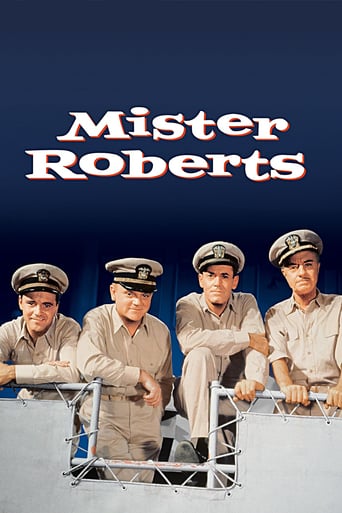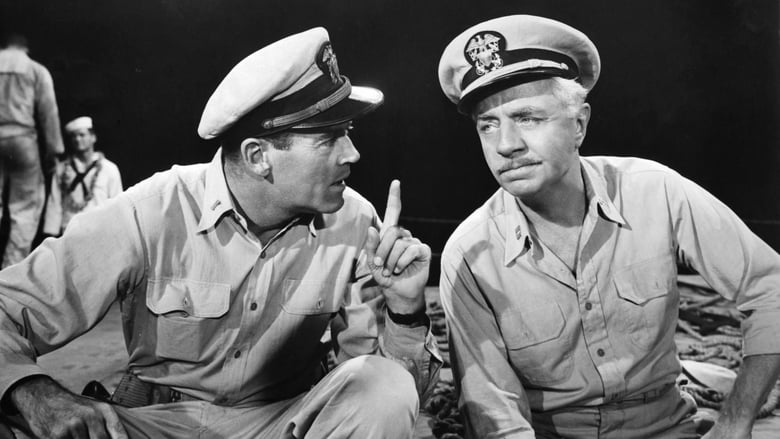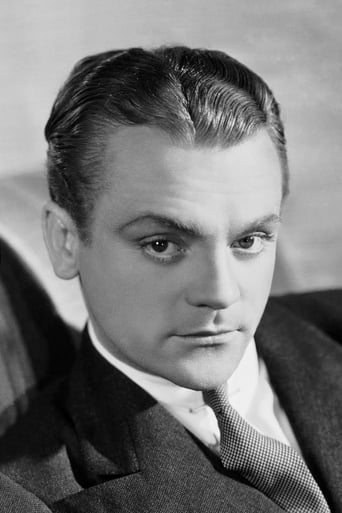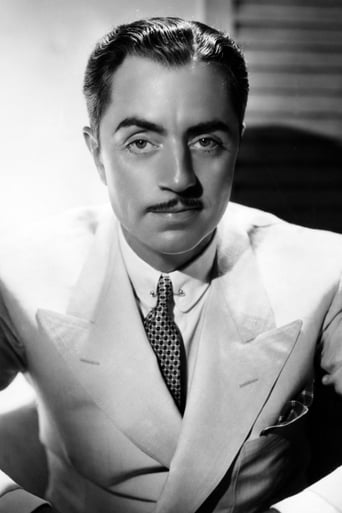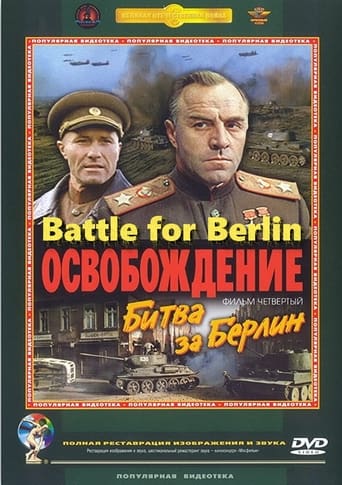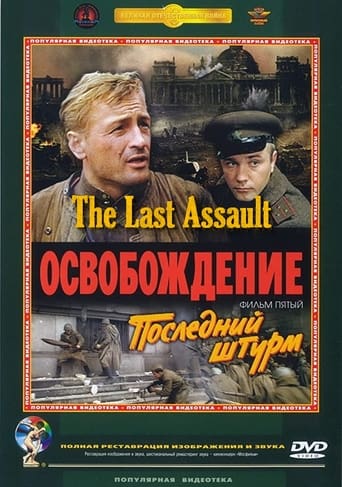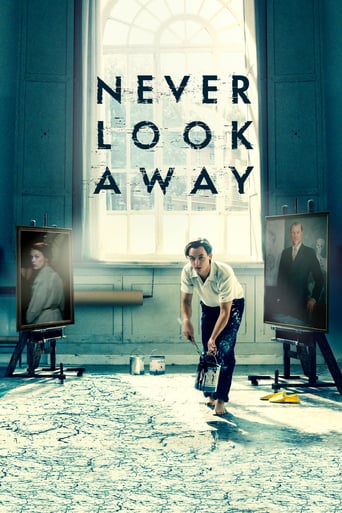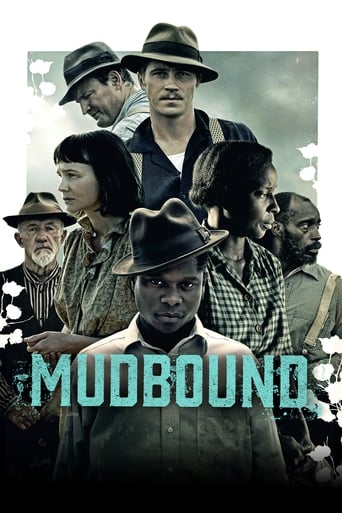Mister Roberts (1955)
Mr. Roberts is as an officer who's yearning for battle but is stuck in the backwaters of World War II on a non-commissioned Navy ship run by the bullying Captain Morton.
Watch Trailer
Cast


Similar titles
Reviews
Very best movie i ever watch
Expected more
When a movie has you begging for it to end not even half way through it's pure crap. We've all seen this movie and this characters millions of times, nothing new in it. Don't waste your time.
In other words,this film is a surreal ride.
Entertaining naval comedy-drama.Lt (jg) Doug Roberts (played by Henry Fonda) is an officer aboard a US Navy supply ship. It is the last few months of World War 2 and the ship is stationed in the Pacific. The ship's captain, Lt Commander Morton (James Cagney), is a hard, mean taskmaster and is universally despised by the crew. Roberts keeps applying to transfer to a fighting ship but the Captain keeps preventing this happening. Meanwhile Ensign Frank Pulver (Jack Lemmon), when not chasing nurses, has some ideas to undermine the captain...Works much better as a comedy than a drama. The military side of things is fairly inaccurate and unrealistic. While directors John Ford and Mervyn Leroy try to make something of the Roberts-Morton feud, the crew's low morale and generally how a captain can bring down a crew, this isn't developed very well. There is very little real tension in the plot.The comedy, however, is pretty good. There are some great slapstick moments and there is a fun tone to the movie. Moreover, Jack Lemmon lights up the screen, and although acting behind the cinematic legends that are Cagney and Fonda, outshines them in this movie. He won a Best Supporting Actor Oscar for his efforts.On that note, Cagney and Fonda put in solid performances. However, Fonda was about 30 years older than his character, so was badly miscast.
When one looks at the blue chip cast, the director and the basic setting, one feels that it cannot be bad and it could be something unique and special. Unfortunately, it falls well short of the high expectations. Paying tribute to the those who toiled in far-from-combat logistical assignments in WW2 was no doubt appreciated by the many who served in that capacity. At the same time, it makes it more difficult to find suspenseful plot material. That can be compensated for with human interactions and great acting. We don't quite get that either. There just is not much to the plot here. In a way, that is part of the point. These characters lives are not interesting and so they make small things into big things. They are trapped, have no other choice and have to create a facsimile of excitement where there is none. Yes, that point is made but it is not enough to sustain a full film and at times, it seems to stretch believability. It could have been a solid subplot in a film that included a lot more. But obviously, they wanted to drive that point home relentlessly even if you were ready for much more. Many scenes drag and again that might be to reinforce the point that these lives are not interesting. At times, the acting, especially Henry Fonda is like a sleep walk. Anything but exciting and not noteworthy either. You see what I am doing here, i.e. making the same point about the film, over and over again. Just as the movie does with its point. None of the other actors stand out. Cagney is the most inherently skillful of the bunch but his character is limited in scope so it is not the best example of his work. Powell is good but has little to do. He comes across as old and tired (again, is that the point?) I've never been big on Jack Lemon but he has had his great moments such as in "The Apartment" and "Missing". Why he received an academy award for this is beyond me. He is quite irritating here and not in a good way. The best picture nomination is a big stretch. Was 1955 really such a weak year? Were people in awe of the cast and John Ford and so eager to give tribute to the supporting cast in WW2? It is a full colour Cinemascope production but those features are NOT powerfully used here. After all, that would make the lives of these people seem interesting!
"Mister Roberts" is a unique film where the themes of moral courage, loyalty and the true meaning of leadership are presented with insight and honesty without being preachy. Rarely have these issues been dealt with so effectively in a film that can be viewed on one level as a comedy. In its own way, "Mister Roberts" is as powerful a war film as "Saving Private Ryan", allowing its characters acts of self-sacrifice and grace under pressure that are more telling because they are less obvious. The film is set on board the USS Reluctant (The Bucket to its crew) towards the end of World War Two. Henry Fonda plays Lieutenant Doug Roberts, the ship's cargo officer. He is an effective officer who protects the crew from the excesses of Captain Morten played by James Cagney – an embittered ex-merchant marine officer. The Captain is obsessed with maintaining the cargo record of the Reluctant, although it has been at the cost of granting the crew a liberty for over a year.William Powell plays Doc, whose wisdom and experience also helps hold the crew together despite the hardship and dreariness of their duties, "from tedium to apathy with a side trip to monotony" is the way Mister Robert's describes their existence. The final member of the quartet of officers that is the focus of the story is Jack Lemmon as Ensign Pulver. Although he is afraid of the captain, and has managed to avoid meeting him during the fourteen months he has been on board, Pulver continually boasts about schemes to upset and annoy him.Mister Roberts sends requests for a transfer to a fighting ship on a regular basis, only to have them disapproved by the Captain. The catalyst for much that follows is a deal Mister Roberts does with the Captain; the crew will receive liberty in the next port of call, and in exchange Mister Roberts will cease his requests for transfer and defiance of the Captain's orders. The Captain also makes Mister Roberts promise that the crew will not be told about the deal.The crew receive their liberty, and cause so much havoc that the ship is kicked out of port. The captain takes out his anger on the crew but Mister Roberts honours his end of the bargain, causing the crew to feel he has sold them out. Eventually, the crew becomes aware of the deal, and this sets in motion events that make the final half-hour of this film moving and memorable.Fonda had played Mister Roberts for many years on the stage and the role had become like a second skin. Fonda also possessed many of the qualities of the fictional Roberts. Although he was already a successful Hollywood star, during the war he enlisted in the navy and saw combat while serving as an officer on a destroyer.If Fonda's character stands for integrity then Lemmon's Ensign Pulver stands for growth of character – these two qualities lead to a finale that is as sad as it is uplifting. In 1984 a television remake showed that it was not possible to bring to the project the forces that combined in 1956 to create a film that is one of the most perfect blends of comedy and drama in the history of cinema.
"Mr. Roberts" was originally a Broadway play and it was amazingly successful--running for well over 1000 performances. While today this may not seem so amazing, back in the late 40s and 50s, this was almost unheard of and kept its leading man, Henry Fonda, very busy. Oddly, however, when it came to filming this story, the studios fought the original director (John Ford) because they didn't want Fonda. While he was arguably too old for the part, the studio's first choice (Marlon Brando) seems today ludicrous. It's ironic that although Ford insisted on Fonda for the film, Ford himself would be taken off the project due to his totally unprofessional and sadistic treatment of Fonda.The film is set aboard a very unimportant cargo vessel stationed in the Pacific in the latter portion of WWII. It's Captain (James Cagney) is a dictatorial little tyrant who seems to enjoy making the crew miserable--probably due to his own inadequacies. His first officer is Mr. Roberts--a man frustrated to serve under such a man and because he desperately wants a transfer to a ship that has some chance of seeing action. Other important characters on the ship are Ensign Pulver (Jack Lemmon)--a wimpy upstart who talks big but refuses to do anything as well as the Doc (William Powell)--a sympathetic but passive ear for people on board. Pulver is clearly intended as comic relief and spends much of the film hiding from the Captain--who, after fourteen months aboard, doesn't even recognize Pulver as a member of his crew! And, for this memorable role, Lemmon received the Best Supporting Actor Oscar.As for the film, it lacks the excitement of many war films and often has to do with the mundane and petty activities on such a ship. In many ways, it plays like "Operation Petticoat"--but with even less action and a bit less comedy. It can also be compared to "The Caine Mutiny", though this film is definitely grittier and totally unfunny compared to "Mr. Roberts". In "Mr. Roberts", most of the film is a power struggle between this second in command and the Captain. The crew love Roberts and cannot stand the Captain--and it's easy to see why. The result is generally funny but with some very poignant moments (such as the very downbeat ending). Not a great film...but very, very good.Reading IMDb's trivia further solidifies in my mind that although John Ford was a masterful director, as a human being...he wasn't. If it's true that he slugged Henry Fonda, it would fit in with a lot of the information I read about him. Despite today being admired as a great man, he was a horrible person. Apparently, he was so nasty and dictatorial with his family as well. Try doing more than watching the glowing documentaries on the gifted but very flawed man--it makes for fascinating and rather sad reading.

